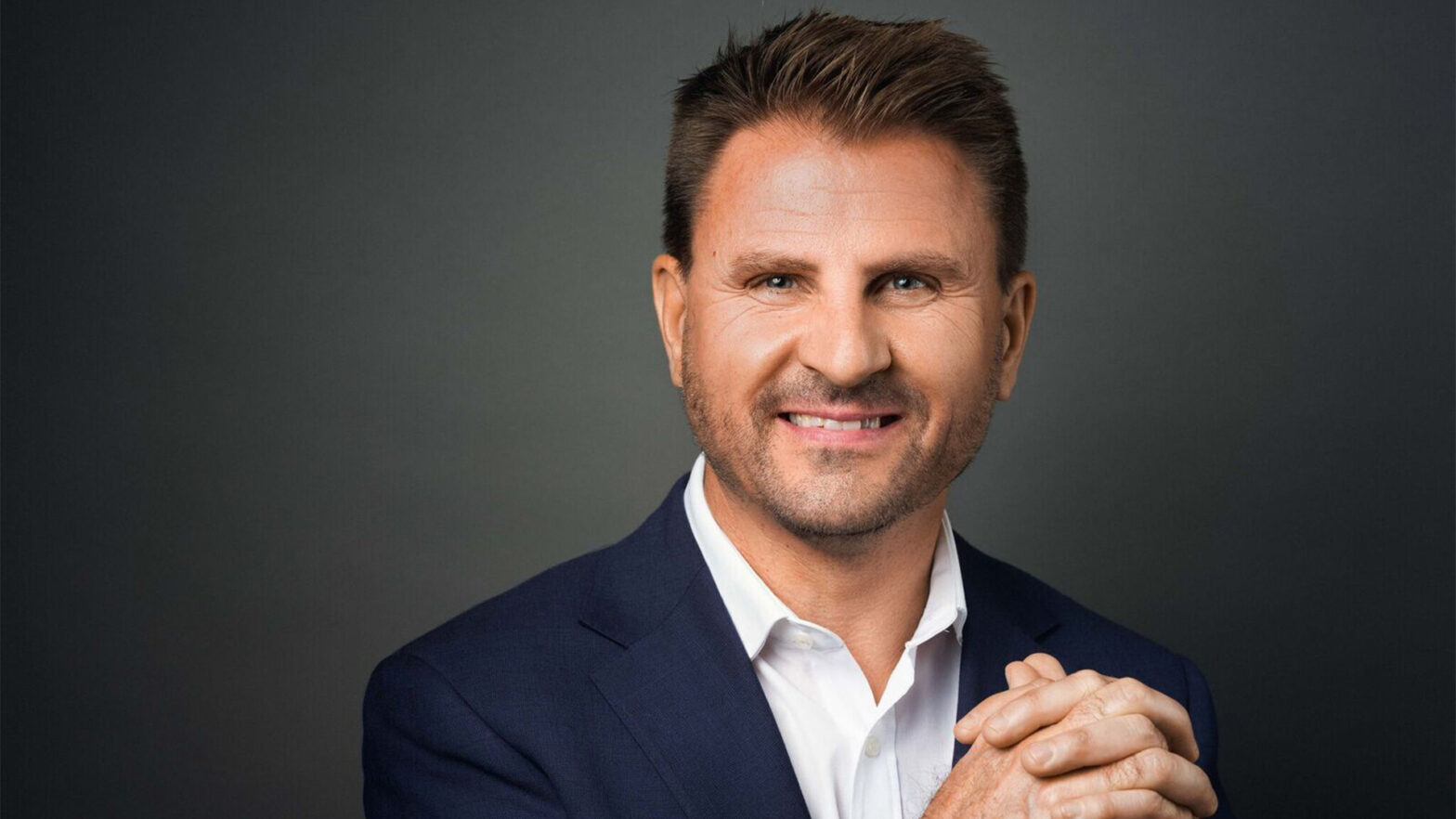
Authored by Mark Swain
Mark Swain is a financial services professional with over 25 years of executive-level strategic sales experience at companies like American Express, ANZ Bank, and Ingram Micro. Throughout his international banking career, he has driven $10 billion in new transaction values and secured over $100 million in profits within the Financial Services and Technology sectors. Today, Mark mentors high-growth tech startups and manages a boutique sales advisory firm, specialising in facilitating major transactions for banks and financial services companies.
In addition to his professional endeavours, Mark Swain passionately advocates for those suffering from Chronic Prostatitis. Four years ago, Mark’s life was upended by this invisible enemy, leaving him in constant pain. Chronic Prostatitis is often misunderstood and misdiagnosed, yet it affects millions of men worldwide with potentially life-threatening consequences.
After unsuccessfully battling the condition for two and a half years, Mark found hope and relief through the pioneering treatments of leading urologist Dr. Pavlos Georgiadis in Athens. Inspired by his journey, Mark authored the book How to Cure Chronic Prostatitis and Get Your Life Back, detailing his experience and offering guidance to others. He also founded a website to support sufferers, providing valuable resources and a sense of community at Chronic Prostatitis.
Mark’s commitment extends to supporting transformative MedTech innovations while his advocacy includes throwing the spotlight on new innovations that specifically address Chronic Prostatitis. In this article, Mark takes an overview of how MedTech is transforming healthcare.
How MedTech is Transforming Healthcare
Advancements in Diagnostic Imaging
MedTech is significantly advancing diagnostic imaging technologies. For example, high-resolution MRI machines now offer unprecedented clarity in detecting early-stage cancers and neurological disorders. The use of AI algorithms in CT scans has further improved diagnostic accuracy and speed, enabling quicker and more reliable identification of conditions such as stroke or internal bleeding. Researchers from MIT and ETH Zurich have developed an AI model that accurately stages breast cancer (Ductal Carcinoma In Situ) using easily obtainable breast tissue images, potentially streamlining cancer diagnosis.
Surgical Robotics and Precision Medicine
Surgical robotics have revolutionised minimally invasive surgeries. The da Vinci Surgical System, for instance, provides surgeons with enhanced dexterity and precision, leading to shorter recovery times and fewer complications. These robotic systems are now commonly used in complex procedures such as prostatectomies and heart valve repairs.
Wearable Health Technology
Wearable health devices like the Apple Watch and Fitbit are reshaping how we monitor and manage our health. These devices continuously track vital signs, activity levels, and sleep patterns, providing users with real-time data and early warnings for potential health issues such as irregular heartbeats or elevated blood pressure.
Biofeedback and Neurofeedback
Biofeedback and neurofeedback technologies are making strides in mental and emotional health. Devices like Muse, a brain-sensing headband, provide real-time feedback on brain activity to help users improve focus and reduce stress. These technologies offer new approaches to managing conditions like anxiety and ADHD.
Personalised Nutrition and Genetic Testing
Genetic testing services, such as those offered by 23andMe and AncestryDNA, analyse individual DNA to provide personalised dietary and lifestyle recommendations. This approach helps prevent chronic diseases by tailoring nutritional advice and health interventions based on genetic predispositions.
Telemedicine and Remote Monitoring
Telemedicine platforms like Teladoc and Amwell have expanded access to healthcare by allowing patients to consult with doctors remotely. This has been especially transformative in rural and underserved areas, providing timely medical advice and reducing the need for travel. Remote monitoring devices, such as continuous glucose monitors for diabetes management, also enable patients to track their conditions from home.
Innovative Treatments for Chronic Conditions
In keeping with these advancements, MedTech continues to push the envelope with groundbreaking innovations. The upcoming Medoron Orion Probe is poised to transform at-home care for chronic inflammatory prostate conditions such as Chronic Prostatitis and Chronic Pelvic Pain Syndrome (CPPS). Developed in the UK by a multidisciplinary team of alumni and academics from UCL and MIT, which includes urologists, microbiologists, medical hardware engineers, and AI specialists, this cutting-edge device uses advanced AI and robotics to replicate medical-grade protocols, discreetly, at home. By mimicking the precise techniques of Dr. Georgiadis, the Orion Probe offers new hope for sufferers worldwide through a sophisticated non-surgical solution for managing these complex conditions.
Future Trends in MedTech
The future of MedTech holds promising advancements that will further revolutionise healthcare delivery and personal wellness. Emerging trends include the integration of AI for personalised treatment plans, virtual reality applications in therapy and rehabilitation, and expanded telehealth capabilities. These innovations are poised to redefine healthcare paradigms, offering enhanced preventive care, patient empowerment, and holistic well-being.
In conclusion, the rapid advancements in MedTech are not only transforming healthcare delivery but also empowering individuals to take proactive control of their health. With continued innovation, the future of healthcare looks promising, characterised by increased precision, accessibility, and personalised care.

















